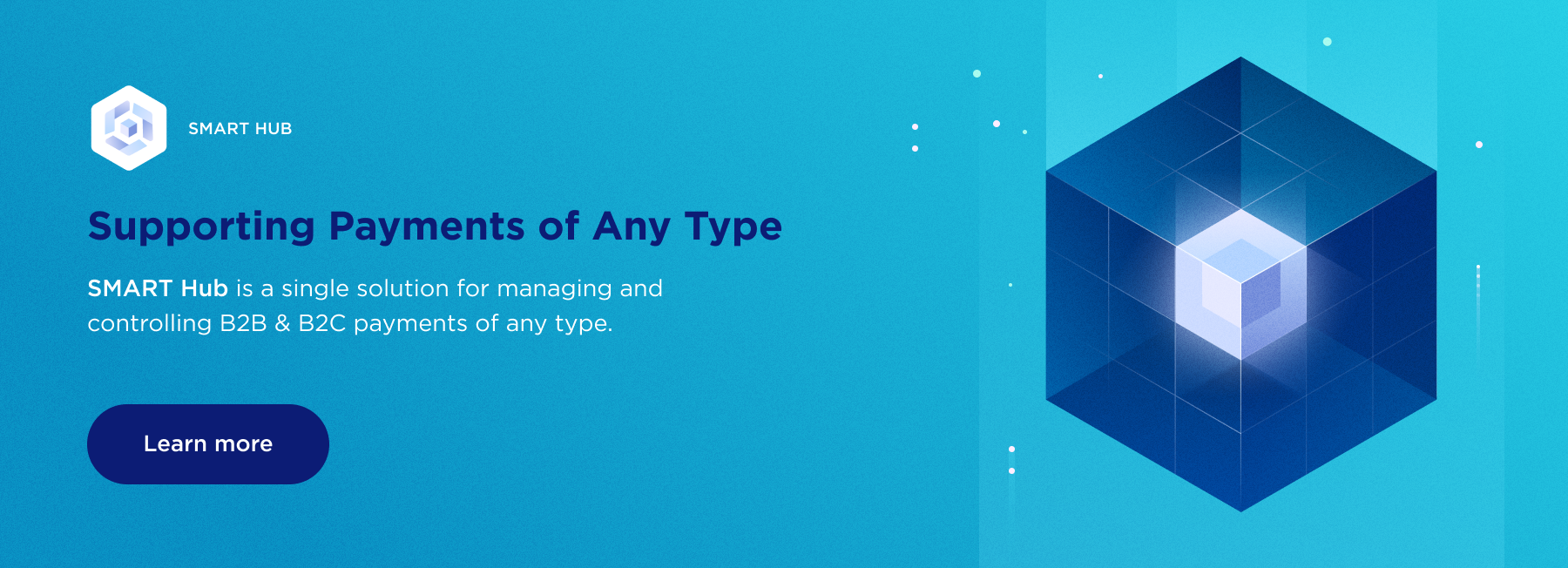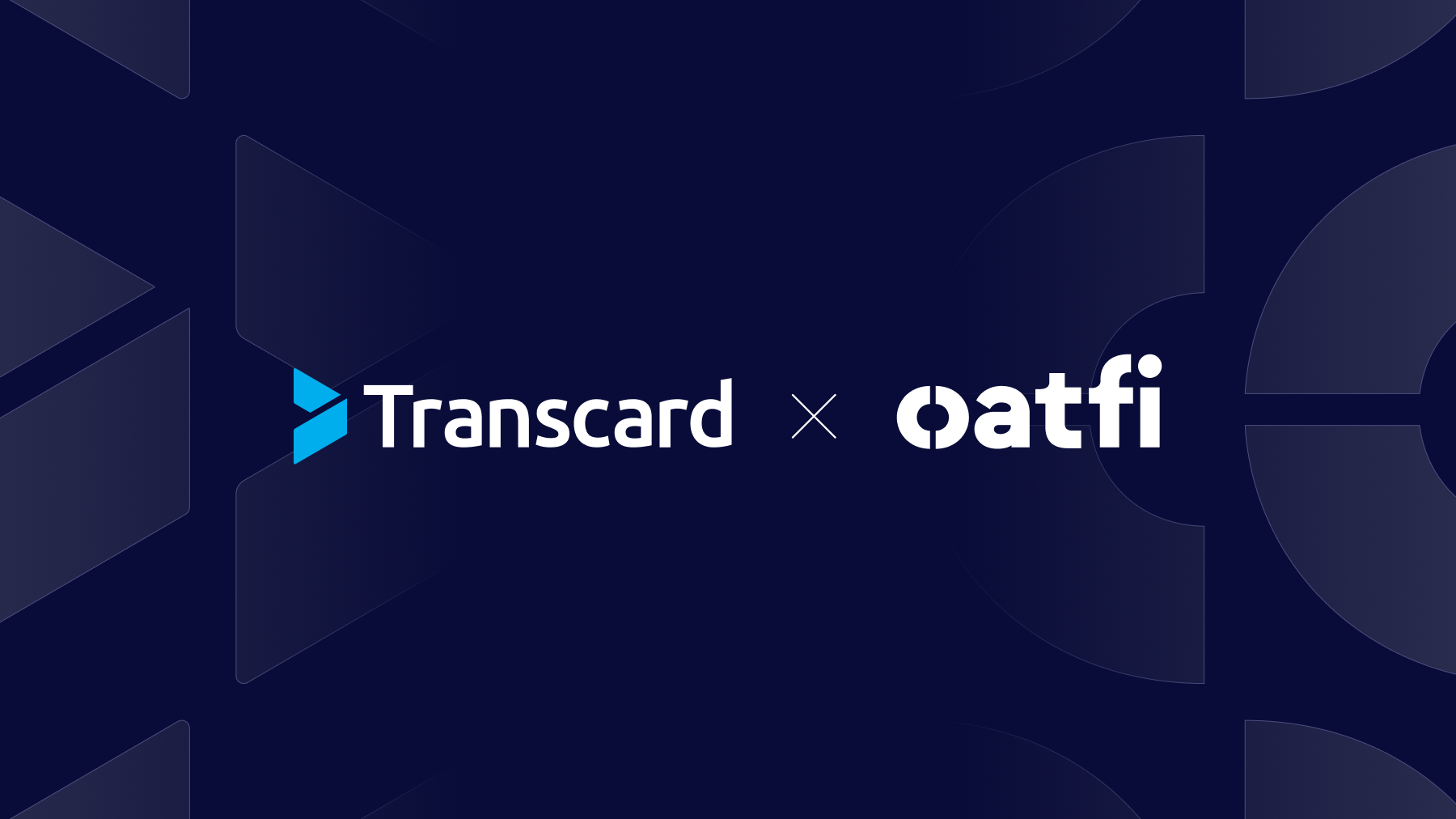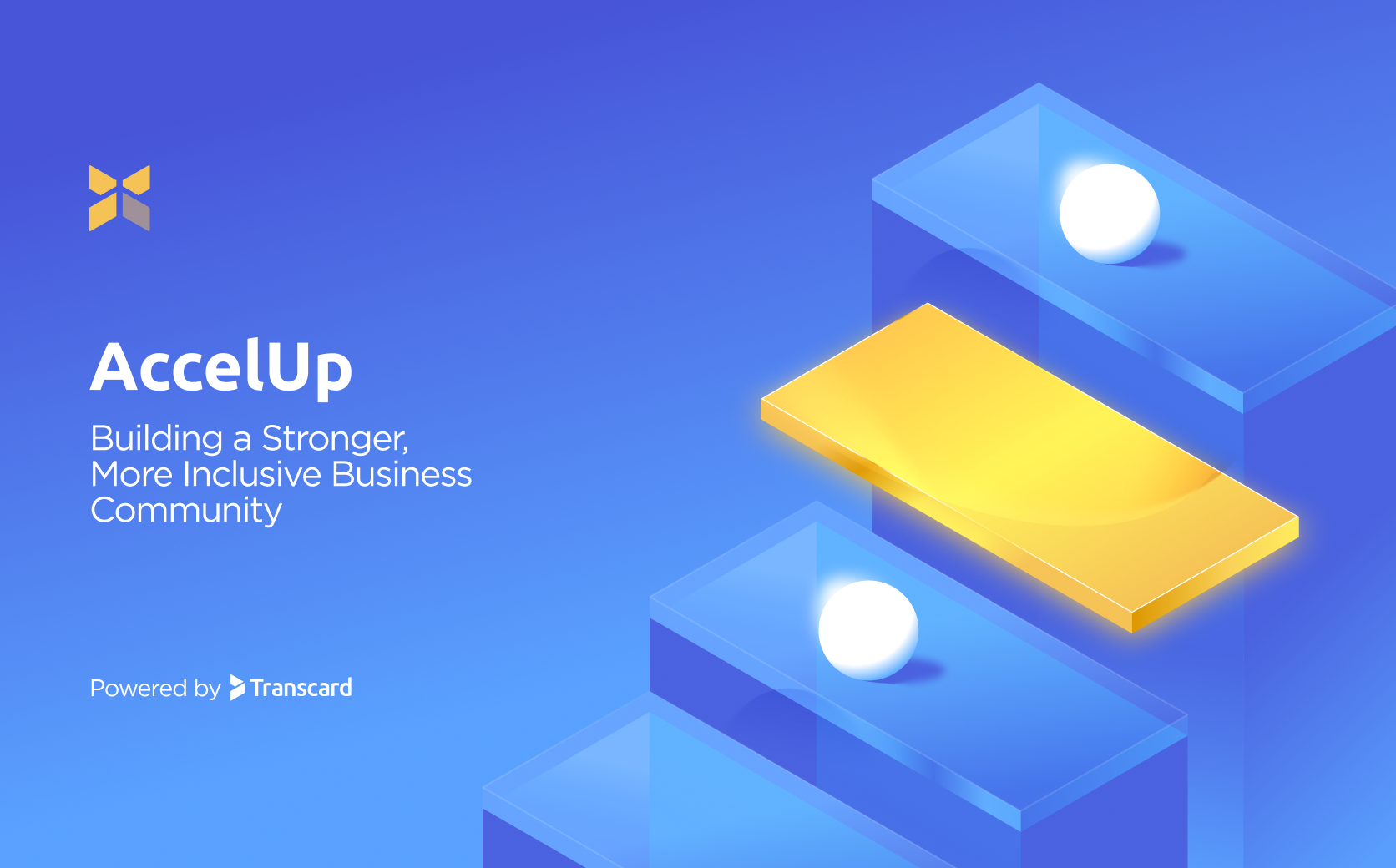Banking-as-a-Service (BaaS) is radically changing the financial services landscape.
BaaS Providers as Enablers
A BaaS platform enables fintechs and other third parties – as well as banks and credit unions – to connect with licensed and regulated banking back-ends via Application Programming Interfaces (APIs) so they can build financial services applications. In some cases, the banking back-ends are provided by fintechs that offer a BaaS platform and deliver core banking services at the same time.
BaaS throws the door open wide for fintechs to create new solutions incorporating core banking capabilities that previously were only available through closed environments controlled by banks:
- Payments
- Debit cards
- Savings and checking accounts
- Goals-based savings
- More
With BaaS, consumer and business customers can now:
- View account data
- Make and receive payments
- Invest money
- Save for retirement
- Apply for a loan
And consumer and business customers can do all this at any time, from any place, using any device.
What are the Hottest Application Opportunities for Fintech?
This creates big opportunities for fintech applications. Here are few of the areas where BaaS is set to thrive:
Personal Finance Applications
More consumers are looking for ways to stretch their money and their budgets. Fintechs can use a BaaS platform to create personal finance applications that aggregate data from multiple bank accounts and streamline the management of cash.
High-yield Savings Accounts
A BaaS platform creates an opportunity for online personal finance providers and other fintechs to cash in on fluctuating interest rates. The fintech focuses on delivering exceptional customer service, and the BaaS platform handles the rest.
Core Banking Services
Lots of fintechs offer online services for cash management, guided investing, and retirement planning. Some fintechs deliver personal finance advice via mobile applications. BaaS enables these fintechs to extend their solutions and unlock new revenue opportunities by offering core banking services such as DDAs and debit cards.
Bank Accounts
Any industry that issues bank accounts to customers can benefit from BaaS.
Virtual Ledgers
Virtual ledgers sit on top of any bank account providing streamlines cash management and reconciliation, without the costs of managing physical bank accounts.
Small Business Banking Services
Many banks overlook small businesses. BaaS benefits fintechs that offer small business platforms to extend their offerings to include digital banking services such as checking accounts, mobile wallets, and online bill payment. These types of services can help a small business grow, without sacrificing anything from a bank.
Online Investment Applications
More fintechs are bringing applications to market to help consumers invest in the high-flying stock market. Some fintechs also are using a BaaS platform to create innovative wealth management and peer-to-peer lending solutions.
E-wallets
BaaS platforms allow for instant issuance of virtual cards into mobile wallets for payment applications, on-demand delivery platforms, online gaming and more. This opens tantalizing possibilities for fintechs looking to provide innovative payment services.
For instance, e-wallets can facilitate payments to disaster relief volunteers or for job candidates who incurred travel expenses for an interview. E-wallets can even be used to administer funds to thousands of employees, make insurance payouts, or deliver government stimulus.
Payment Card
BaaS platforms enable the fast deployment of customized card programs. For instance, a BaaS platform makes it easier for a business to issue expense cards.
Real-time Payments
BaaS can help fintechs meet consumer demand for a seamless experience, whether it occurs at the point-of-sale, on an e-commerce site, or through social media.
The real-time payments capabilities built into BaaS platforms can facilitate value-added services such as real-time mobile purchases, QR code payments, merchant-initiated transactions, and peer-to-peer payments based on e-mail addresses or phone numbers.
Getting Started with Banking-as-a-Service
Each of these applications can help fintechs create new revenue streams and grow their margins, strengthen customer relationships, and differentiate their online applications to win new business.
Best of all, the pricing structure offered by leading BaaS platforms is ideal for any size fintech.
It is no wonder that some of the world’s largest software companies now offer financial products.
Your Fintech should consider a BaaS platform if:
- you're looking for ways to help your customers manage expenses
- have applications that require customer funds to remain separate
- must manage sub-merchant accounts
- want to offer e-wallet accounts
- provide marketplaces for consumer or merchant accounts
.png)



